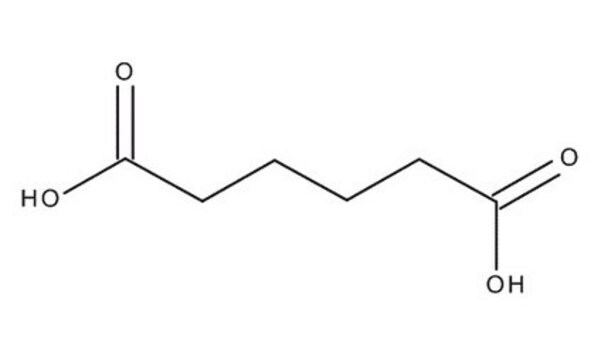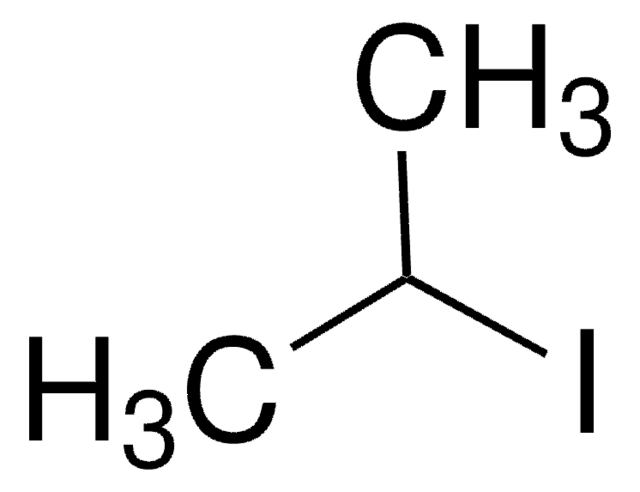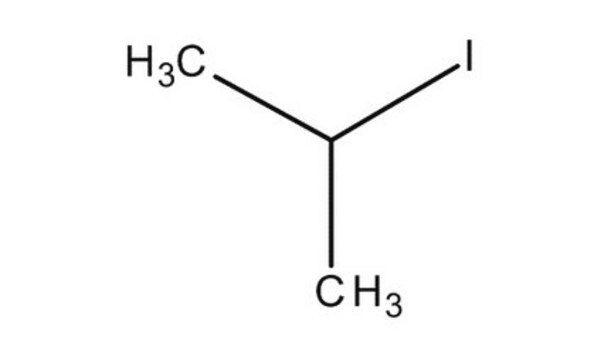09582
Adipic acid
BioXtra, ≥99.5% (HPLC)
Synonyme(s) :
Hexanedioic acid
About This Item
Produits recommandés
Densité de vapeur
5 (vs air)
Niveau de qualité
Pression de vapeur
1 mmHg ( 159.5 °C)
Gamme de produits
BioXtra
Essai
≥99.5% (HPLC)
Température d'inflammation spontanée
788 °F
Résidus de calcination
≤0.05% (as SO4)
Perte
≤1% loss on drying, 110 °C
pb
265 °C/100 mmHg (lit.)
Pf
151-154 °C (lit.)
151-154 °C
Solubilité
H2O: soluble 23 g/L at 25 °C
Traces d'anions
chloride (Cl-): ≤50 mg/kg
nitrate (NO3-): ≤30 mg/kg
sulfate (SO42-): ≤500 mg/kg
Traces de cations
As: ≤3 mg/kg
Cu: ≤10 mg/kg
Fe: ≤5 mg/kg
Pb: ≤10 mg/kg
Zn: ≤10 mg/kg
Chaîne SMILES
OC(=O)CCCCC(O)=O
OC(=O)CCCCC(O)=O
InChI
1S/C6H10O4/c7-5(8)3-1-2-4-6(9)10/h1-4H2,(H,7,8)(H,9,10)
Clé InChI
WNLRTRBMVRJNCN-UHFFFAOYSA-N
Vous recherchez des produits similaires ? Visite Guide de comparaison des produits
Mention d'avertissement
Danger
Mentions de danger
Conseils de prudence
Classification des risques
Eye Dam. 1
Code de la classe de stockage
11 - Combustible Solids
Classe de danger pour l'eau (WGK)
WGK 1
Point d'éclair (°F)
384.8 °F - closed cup
Point d'éclair (°C)
196 °C - closed cup
Équipement de protection individuelle
dust mask type N95 (US), Eyeshields, Gloves
Faites votre choix parmi les versions les plus récentes :
Déjà en possession de ce produit ?
Retrouvez la documentation relative aux produits que vous avez récemment achetés dans la Bibliothèque de documents.
Les clients ont également consulté
Notre équipe de scientifiques dispose d'une expérience dans tous les secteurs de la recherche, notamment en sciences de la vie, science des matériaux, synthèse chimique, chromatographie, analyse et dans de nombreux autres domaines..
Contacter notre Service technique









